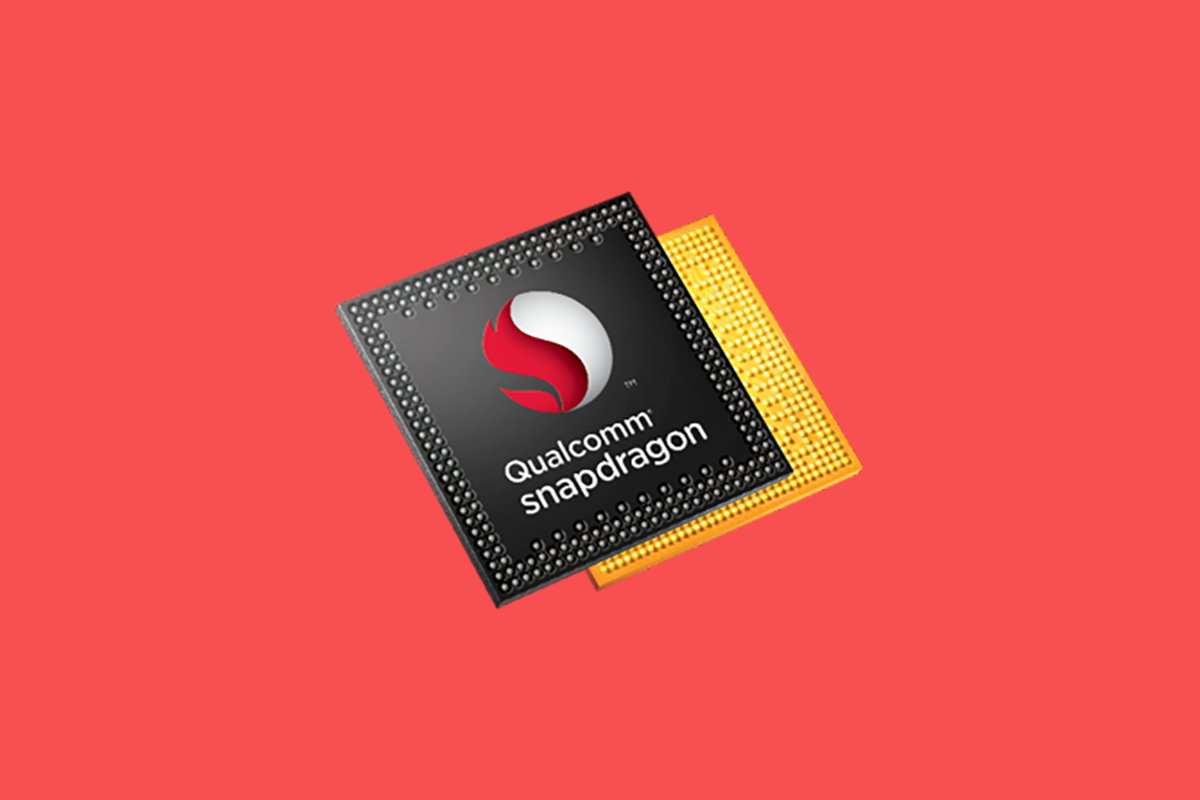Samsung is gearing up to launch its next-gen flagship lineup early next year. Recent rumors suggest that the company will unveil three devices -- the Galaxy S22, Galaxy S22 Plus, and Galaxy S22 Ultra -- in February 2022, featuring upcoming Exynos and Snapdragon chips. Like every year, we expect Samsung to launch the Snapdragon variants of its flagships in the US and the Exynos variants in the rest of the world. However, it now seems like the company may bring the Snapdragon variants to the Indian market as well.
Despite some rumors stating that Samsung will launch the Snapdragon variants of the Galaxy S22 series in all parts of the world, noted Samsung tipster Max Weinbach recently confirmed that the company would launch the Exynos variants in the UK and Europe. While Weinbach doesn't explicitly state that the Indian market will get the Snapdragon variant, he does confirm the existence of new Qualcomm Snapdragon device variants for Asia and Africa, which were recently spotted by the folks over at Galaxy Club.
According to Galaxy Club, Samsung will launch four regional variants of the Galaxy S22 series. Like previous years, Samsung will launch Snapdragon variants with the model numbers SM-S901U, SM-S906U, and SM-S908U in the US. In Korea, Samsung will launch the Exynos variants with the model numbers SM-S901N, SM-S906N, and SM-S908N. Europe and the UK will also receive the Exynos versions with the model numbers SM-S901B, SM-S906B, and S908B. However, Asia and Africa won't get the same models as the UK and Europe. Samsung will launch new Snapdragon variants in these regions, featuring the model numbers SM-S901E, SM-S906E, and SM-S908E.
In addition, Weinbach has also confirmed that the Exynos variants of the Galaxy S22 series will pack the upcoming Exynos 2200 chip, while the Snapdragon models will feature an SoC based on Qualcomm's SM8450 platform, presumably the Snapdragon 898.
Currently, the reason behind Samsung's decision to ship the Snapdragon variant to Asia and Africa remains unknown. We speculate that it may be due to supply constraints. However, we can't confirm that at the moment. We'll make sure to let you know as soon as we learn more.

